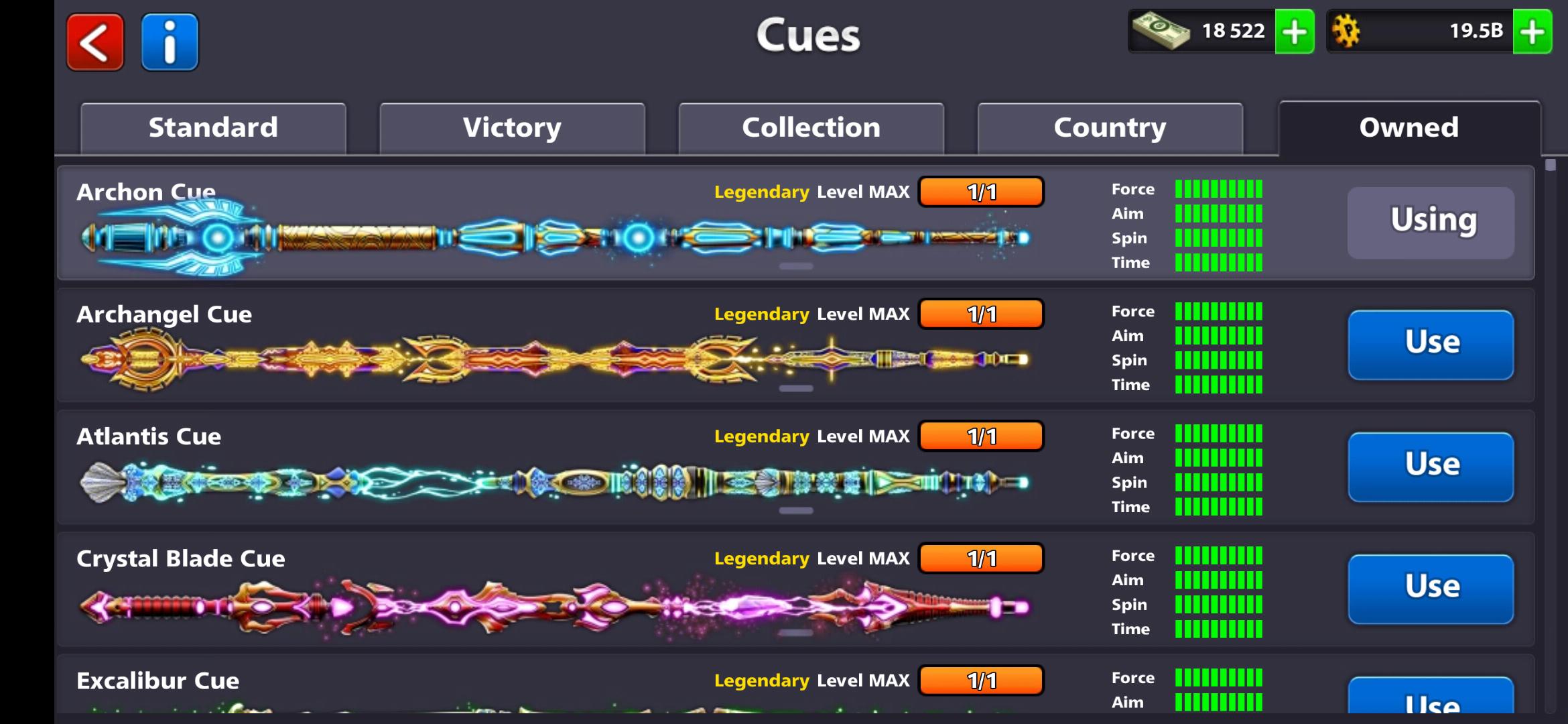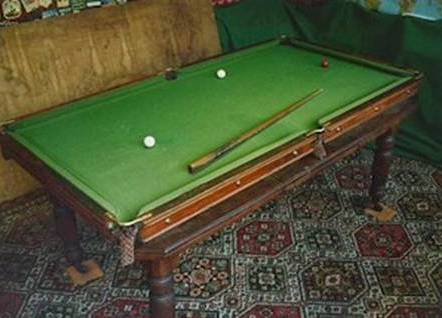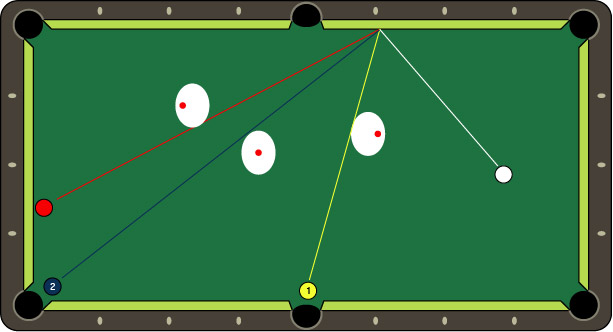
When choosing a tip for your cue stick, take into account the material. It can be soft, medium or hard. It can also influence how the cue feels. Firm shots may feel better. It can also impact the squirt, and sideways tipflex. If the tip becomes soft, shaft flex and the endmass will be minimized.
Hard
A hard tip is preferred by professional and higher-level gamers. It is easier to maintain than a soft tip, and it lasts longer. It doesn't absorb the energy of the cue ball as well as a hard tip.
Soft
A soft tip can be extremely useful for players who need a more flexible cueball. Typically, these tips are made from leather and are available in a variety of different hardness levels. They can be made from single-piece or laminated leather. Other common materials include phenolic and bakelite.

Medium
Kamui Cue Tip Range is made from premium pigskin. This construction allows for maximum porosity as well as humidity resistance. These tips also retain chalk well, which improves tip-grip and helps prevent miscuing. These tips can last years and are available in packs of ten.
Phenolic
Your pool cue's phenolic tip can increase your break shot's power by up to 17%. This material offers a smoother contact surface that is also more responsive under pressure. These properties can make phenolic tips a great choice for players looking for increased power.
Leather
The most common tip type is the leather cue. Leather tips are more durable than synthetic ones made of cork or plastic. While leather tips are generally preferred, synthetic ones may be better for home use.
Splice
If you are thinking of buying a new pool cue there are many ways to splice its tip. Some prefer to hand splice tips. This method is more expensive and requires more skill. If you want to play with a top-notch cue, you can buy one with a hand splice.

Size
As a rule of thumb, ensure the tip of your cue measures the same as the shaft. This will allow you more control over the ball and reduce vibration. A smaller tip will also produce less squirt when you hit the ball, which will help you get a better feel for your shots.
Materials
Consider the angle of the ball and how it will spin when selecting materials for a tip. A slightly rounded tip is better for imparting spin to the cue ball. A rounded point is usually more round than the curvature a dime. A rounded tip is typically thicker than that of a nickel.